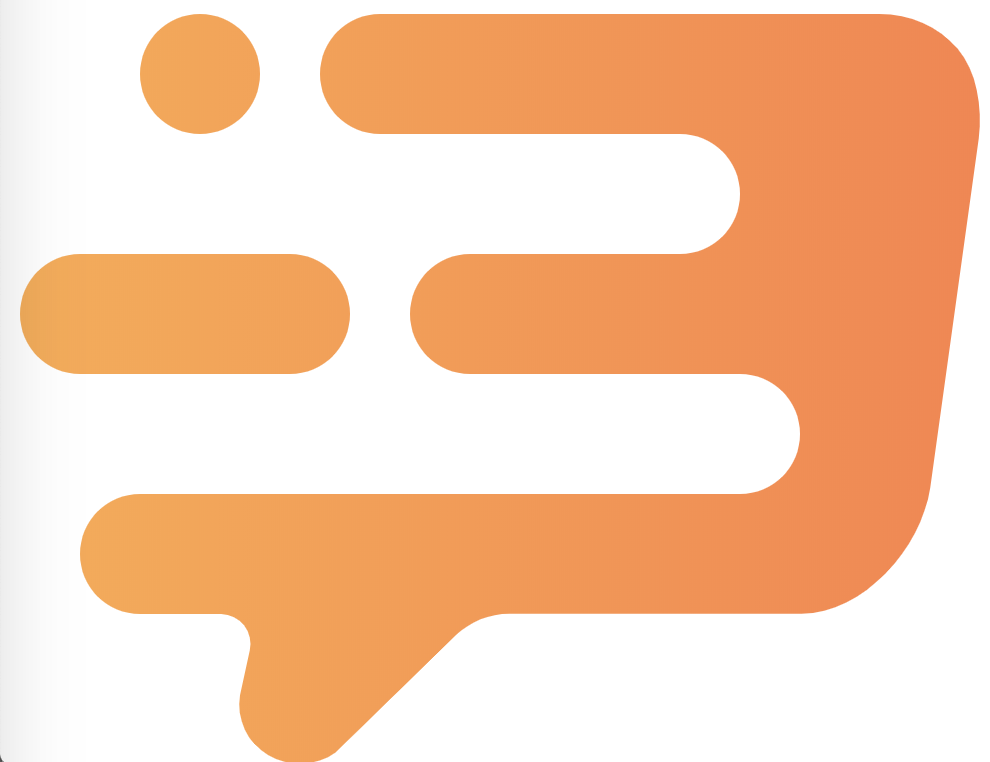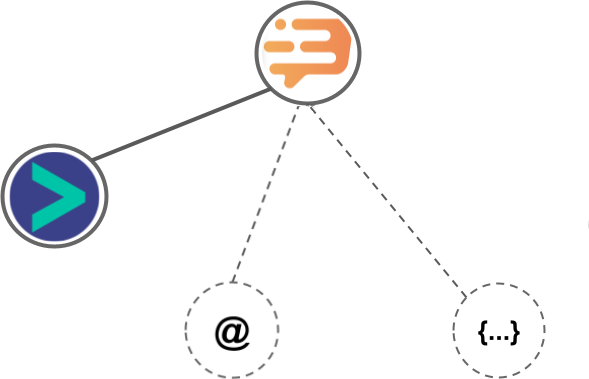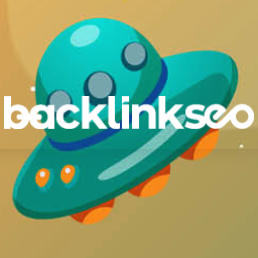Dashly vs ClickFunnels
Hyperise integrates with 100's of sales and marketing tools, many of which are in the Marketing Automation category. With so many to choose from it's sometimes hard to know which is best, but don't worry, we've got your covered.
In this comparison guide we're going to look at the Highlights, Pros, Cons and Pricing of Dashly and ClickFunnels. We'll also delve into the details of which offers the best personalization options within Marketing Automation, with there respective Hyperise integrations

Dashly
Pricing: Dashly pricing consists of two plans: Plus, which includes unlimited users and starts at $49/month, and Pro, which includes additional features and starts at $119/month. Alternatively, businesses can opt for an Enterprise plan that is tailored and priced to the company's individual needs.
Vs
ClickFunnels
Pricing: ClickFunnels has three different pricing plans to fit the needs of any business: - Etison Suite Plan: $297/month - Platinum Plan: $179/month - Start-Up Plan: $97/month The Etison Suite plan offers the most features and allows you to unlock all of ClickFunnels' features. The Platinum plan offers the next level of features, while the Start-Up plan is the most basic plan.
Dashly vs ClickFunnels Highlights
Dashly is an all-in-one marketing automation platform designed to help businesses monetize and optimize the customer journey. In contrast to ClickFunnels, it provides a powerful drag-and-drop visual editor to create custom landing pages and thanks to native integrations with payment systems, CRM and other popular services, it helps marketers to successfully perform marketing campaigns without any coding knowledge. Moreover, Dashly also provides marketing automation capabilities as well as A/B testing and conversion optimization possibilities.
Dashly vs ClickFunnels Pros
Dashly Pros
- Easier to use and set up: Dashly is simpler overall and much easier to set up than ClickFunnels.
- Cheaper: Dashly is significantly cheaper than ClickFunnels and offers a range of pricing plans that are more flexible.
- More capabilities: Dashly offers more integrated capabilities such as built-in email marketing and helpdesk services.
- Better customer support:Dashly offers superior customer support with dedicated support teams and a detailed knowledge base.
- Greater customization and flexibility: Dashly has lots of customization options from the looks to the functionalities and the behaviour.
- Integration with more payment gateways: Dashly supports more payment gateways than ClickFunnels and allows for easier integration.
ClickFunnels Pros
- Lower cost of ownership: ClickFunnels has a lower cost of entry when compared to Dashly.
- Greater flexibility: ClickFunnels offers greater flexibility when it comes to funnel design, customization, and optimization.
- Streamlined onboarding process: ClickFunnels is easier to set up than Dashly, meaning onboarding new users takes less time.
- User-friendly drag & drop editor: ClickFunnels user-friendly drag & drop editor helps users create funnel pages quickly and easily without having to be a designer or coder.
- Variety of action oriented templates: ClickFunnels offers a variety of pre-made templates for different types of funnels, making it easy to create lead capture, sales, and membership funnels quickly and easily.
- Automation: ClickFunnels offers an automation platform that allows users to quickly add automated steps to funnels, from reminder emails to custom opt-in forms.
- Analytics tracking: ClickFunnels offers powerful analytics and data tracking to see how visitors are interacting with funnels and pages.
- E-commerce capabilities: ClickFunnels provides e-commerce capabilities, making it easier for businesses to use ClickFunnels to drive sales.
Dashly vs ClickFunnels Cons
Dashly Cons
- Dashly does not have an integrated sales funnel builder, meaning users need to create sales funnels manually in the backend
- Dashly does not offer customization and design options for landing pages
- Dashly does not have a customer support team or customer service options for users
- Dashly does not offer split-testing, AB testing or optimization features for landing pages and sales funnels
- Dashly does not offer integrations with third-party services such as CRMs, webinars, and email platforms
- Dashly does not allow users to track key customer engagement metrics or conduct data analysis with real-time reporting and analytics tools
- Dashly does not have an automation feature to send automated emails or SMS messages when a user triggers an event or completes a purchase.
ClickFunnels Cons
- Cost: ClickFunnels is relatively expensive compared to Dashly
- Limited Functionality: ClickFunnels does not offer as many features as Dashly
- Difficulty of Use: ClickFunnels has a steep learning curve and Dashly is more user friendly
- No Full Integration: ClickFunnels does not currently offer an all-in-one package that allows for full integration with payment processors and other services
- Limited A/B Testing: ClickFunnels does not offer the same level of A/B testing functionality as Dashly
Dashly & ClickFunnels Hyperise Integrations
Dashly uses the HTML code embed method to integrate with Hyperise, giving a simple way to add personalized images to your messages.
Dashly makes the following data points available to Hyperise, to enable personalization in images used in outreach and linked out to your personalized website landing pages.

- Using business Email passed from Dashly, Hyperise is able to enrich business logo and website screenshots. In some cases, with a business Email we're also able to enrich profile images, subject to the business email having a publicly available profile.
Dashly Integration Guide
ClickFunnels uses the Image embed method to integrate with Hyperise, giving a simple way to add personalized images to your messages.
ClickFunnels makes the following data points available to Hyperise, to enable personalization in images used in outreach and linked out to your personalized website landing pages.
- Using business Email passed from ClickFunnels, Hyperise is able to enrich business logo and website screenshots. In some cases, with a business Email we're also able to enrich profile images, subject to the business email having a publicly available profile.
- Street
- City
- State
- Zip
- Country
ClickFunnels Integration Guide
 vs
vs  vs
vs 



 vs
vs 
 vs
vs  vs
vs  vs
vs  vs
vs  vs
vs  vs
vs  vs
vs  vs
vs 
























